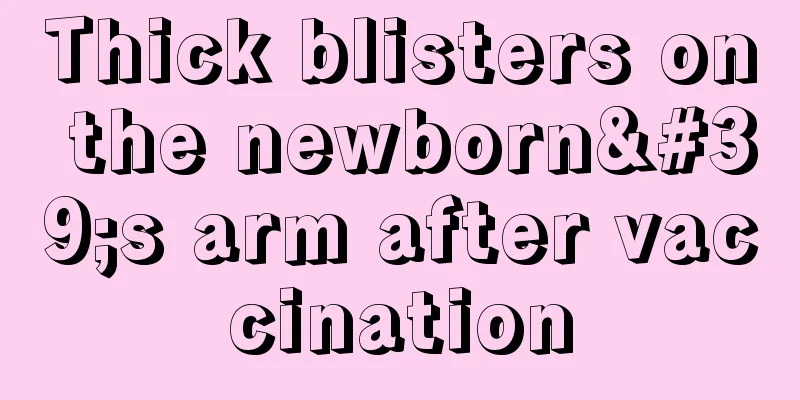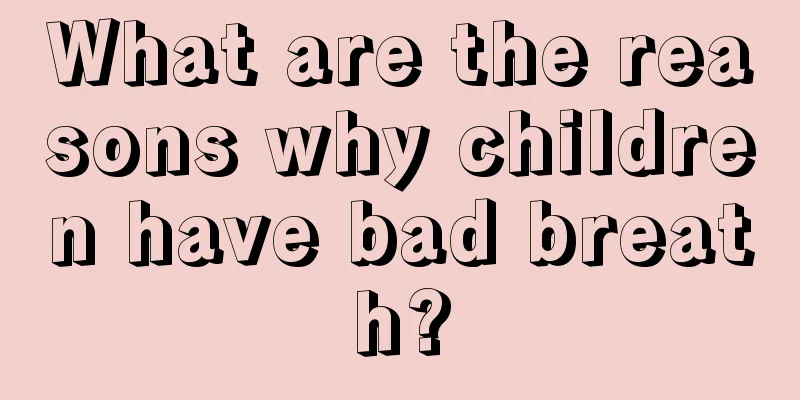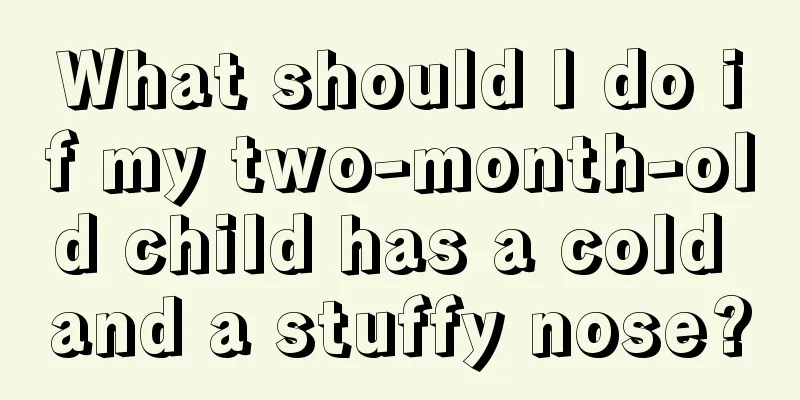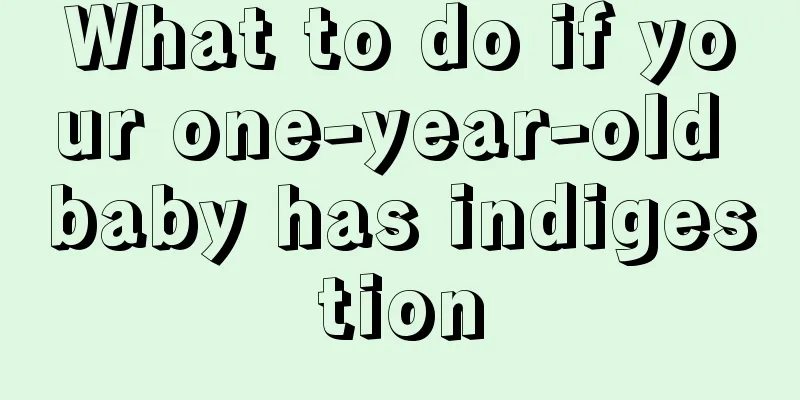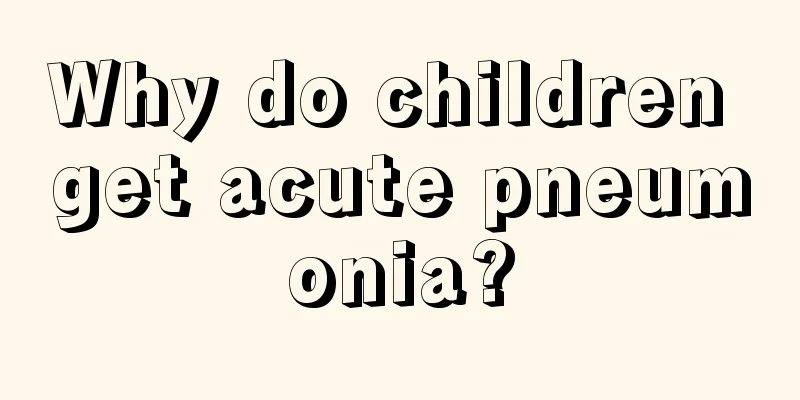At what age do boys usually lose their teeth?

|
We all experience tooth loss, and after a tooth is lost, it will still grow out after a period of time. Therefore, many parents want to fully understand at what age boys usually lose their teeth in order to better take care of their children after they lose their teeth. If you want to fully understand this knowledge, when your child loses his teeth, take good care of all aspects. The following is an introduction, so you can fully understand at what age boys usually lose their teeth. Normally, at the age of 6 to 7, the deciduous central incisor (central front tooth) of the mandible begins to shake and fall out, and soon the permanent central incisor grows in this place; at the same time, the first molar grows behind the second deciduous molar. After that, the other teeth were replaced one after another. The permanent monocuspids and bicuspids can only grow out after the deciduous teeth in the same position fall out. By the age of 12 to 13, all the deciduous teeth have fallen out and have been replaced by permanent teeth. After that, permanent teeth will grow separately: the second molar will grow behind the first molar at the age of 12 to 14, and the third molar will grow after the age of 18. It is normal for some people to not have third molars. Protect your teeth Brushing your teeth is the most effective and convenient way to prevent dental diseases. After the baby reaches the age of 2, all the white teeth will have basically grown out, and it is time to officially start learning to brush their teeth. gargle Before learning to use a toothbrush, you must first learn how to rinse your mouth. Gargling can remove some food residues in the mouth and is one of the simple and easy ways to keep the mouth clean. Hold water in your mouth, close your mouth, and then puff up your cheeks to allow the water in your mouth to fully contact the teeth, gums, and oral mucosa. Use the force of the water to repeatedly rinse various parts of the mouth back and forth to remove food debris from the tooth surface, tooth gaps, and gums. You can show your child how to do it first, and let him learn while rinsing the mouth, and gradually master it. People are accustomed to gargling with light salt water and tea, which helps oral hygiene. Rinsing your mouth with fluoride water (0.1% to 0.2% sodium fluoride in low-fluoride areas) can reduce the occurrence of tooth decay. Adults can use 0.12% chlorhexidine mouthwash to prevent tooth decay and periodontitis. However, for babies, it is better to rinse their mouths with clean water or light salt water to prevent accidental swallowing of fluoride water and tooth staining and tartar formation caused by long-term use of chlorhexidine. In fact, at what age do boys lose their teeth? There is no exact time, but roughly at 6-7 years old, some boys will lose their teeth. So during this period, when you find that your child is losing teeth, as a parent, you must do a good job of care in all aspects, so that the child can lose teeth smoothly, and through your correct care, the new teeth that grow out of the child can be healthier. |
<<: Why do children's teeth turn yellow?
>>: How to care for a ten-year-old child who has lost teeth
Recommend
Why does my child drool so much?
Many children will drool at certain times. Every ...
How to treat baby's port wine stains
For babies, the appearance of port-wine stains at...
Newborn baby's nasal breathing problem
For adults, a blocked nose is generally not a cau...
Why is the baby's hand peeling?
The skin of babies is usually very fragile. Some ...
What should I do if my child can’t stop nose bleeding?
When a nosebleed occurs, many people will tilt th...
What are the symptoms of stomach cramps in children? Symptoms of stomach cramps in children
What is stomach cramps? Gastrospasm refers to cra...
Why are my baby's lips purple?
When babies are young, they cannot express their ...
What to do if a breast-feeding baby has diarrhea
If the baby has diarrhea during breastfeeding, ma...
What are the changes in the baby's developmental indicators at 19 months
The developmental indicators of a 19-month-old ba...
What to do if your child keeps vomiting
Why do children always vomit? Children's body...
How to get rid of phlegm in newborns
Newborns are prone to various diseases because th...
Baby runny nose
A runny nose is the most common phenomenon in bab...
What to do if a seven or eight-year-old child is disobedient
For children aged seven or eight, they already ha...
I had jaundice and hepatitis when I was a child.
Many people don’t know much about jaundice, or on...
What is the reason why my baby has a white hair?
The birth of a newborn brings a lot of happiness ...
